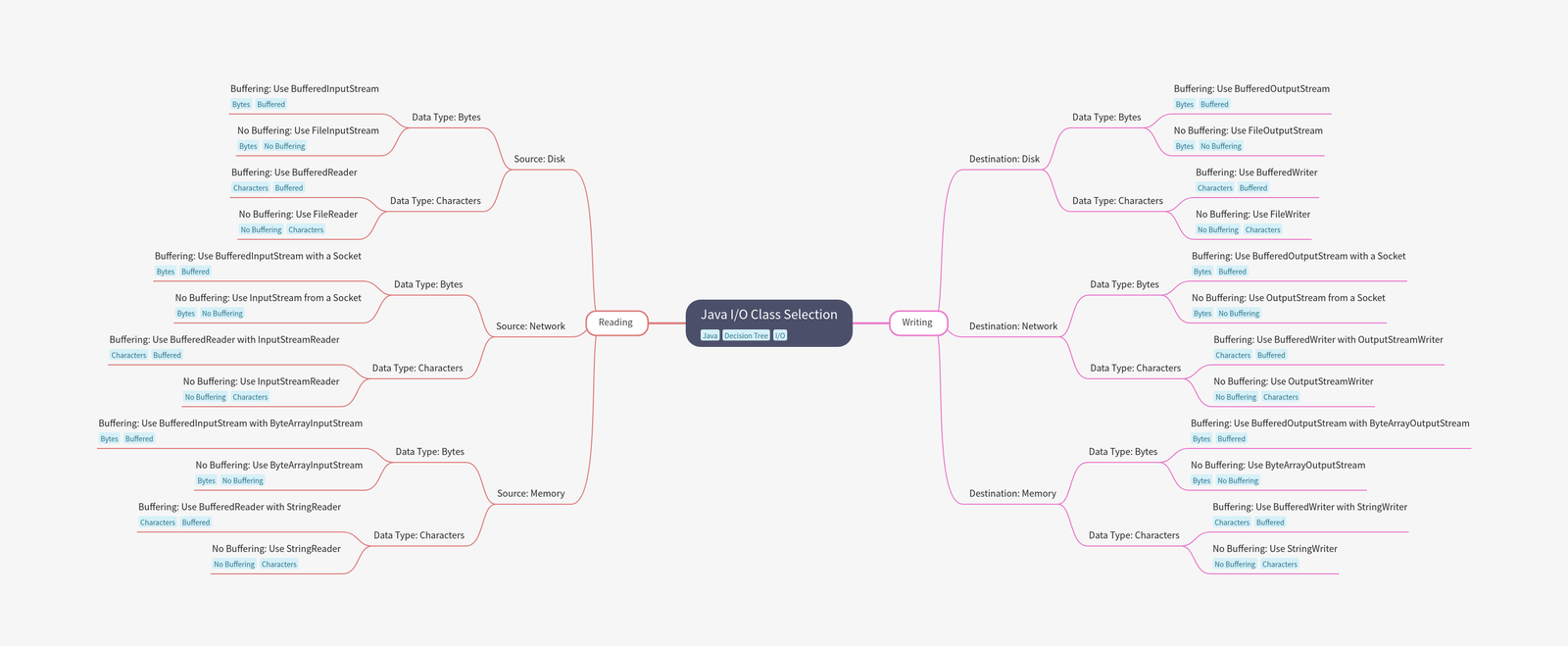When working with Java, you will need to validate strings to ensure they contain only certain types of characters. A common validation task is checking whether a string contains only digits (check if a sting is numeric) . This can be particularly useful when working with user input, form validation, or data parsing where numeric values are expected.
In this article, we’ll explore different ways to check if a string consists solely of digits in Java. We’ll discuss the pros and cons of each approach and provide code examples to illustrate how you can implement these checks in your own projects.
Using `Character.isDigit()` Method
One of the most straightforward ways to check if a string contains only digits is by iterating through each character of the string and using the `Character.isDigit()` method. This method returns `true` if the specified character is a digit; otherwise, it returns `false`.
public class DigitCheck {
public static boolean isNumeric(String str) {
for (int i = 0; i < str.length(); i++) {
if (!Character.isDigit(str.charAt(i))) {
return false;
}
}
return true;
}
public static void main(String[] args) {
String testString = "123456";
System.out.println("Is numeric: " + isNumeric(testString)); // Expected Output: Is numeric: true
String testString2 = "123a56";
System.out.println("Is numeric: " + isNumeric(testString2)); // Expected Output: Is numeric: false
}
}Using Regular Expressions
Another approach to check if a string contains only digits is by using regular expressions. The matches() method of the String class can be used to check if the entire string matches the given regular expression pattern.
Code Example:
public class DigitCheck {
public static boolean isNumeric(String str) {
return str.matches("\\d+");
}
public static void main(String[] args) {
String testString = "987654";
System.out.println("Is numeric: " + isNumeric(testString)); // Expected Output: Is numeric: true
String testString2 = "98765b";
System.out.println("Is numeric: " + isNumeric(testString2)); // Expected Output: Is numeric: false
}
}
Using String.chars() and Streams
Java 8 introduced the Stream API, which provides a more functional approach to processing collections and arrays. You can use the chars() method to convert a string into an IntStream of characters and then use the allMatch() method to check if all characters are digits.
Code Example:
public class DigitCheck {
public static boolean isNumeric(String str) {
return str.chars().allMatch(Character::isDigit);
}
public static void main(String[] args) {
String testString = "246810";
System.out.println("Is numeric: " + isNumeric(testString)); // Expected Output: Is numeric: true
String testString2 = "24681x";
System.out.println("Is numeric: " + isNumeric(testString2)); // Expected Output: Is numeric: false
}
}Check if a string is numeric in Java can be accomplished in several ways, each with its own advantages and disadvantages. Whether you prefer the simplicity of Character.isDigit(), the power of regular expressions, or the elegance of Java 8’s Stream API, Java provides flexible tools to handle this common validation task.
Choose the method that best fits your use case, considering factors such as code readability, performance, and your team’s familiarity with the different approaches.
Happy Coding! 🚀






Leave a Reply